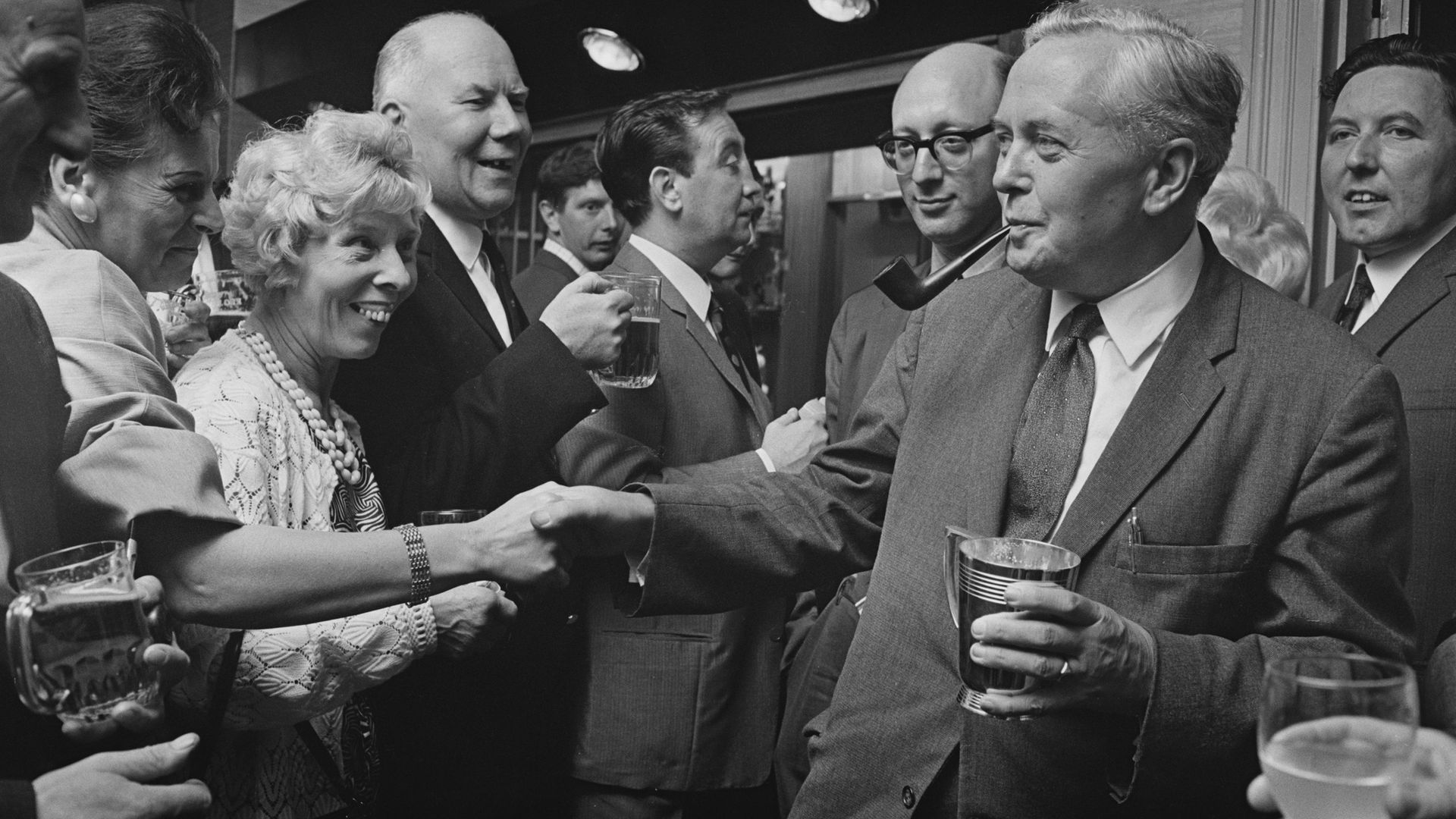
Financial scandals are never fatal for PMs, but they do lasting damage
There is a familiar sequence. Another allegation about the misconduct of Boris Johnson erupts on the front pages. Those that despair of Johnson’s leadership say to themselves or aloud that “surely this one will get him”. A poll is published a day later suggesting that most voters do not care.
One of the myths in British politics is that allegations of sleaze can alone and almost immediately undermine a prime minister. There is no evidence to back up what seems to be a widely held assumption.
Currently there are suggestions that ‘sleaze’ brought down John Major. It did not. Major never recovered from being forced out of the Exchange Rate Mechanism in September 1992. Subsequently his government fell apart over Europe.
In addition Tony Blair was a credible and charismatic alternative to eternal Conservative rule. Perceptions of Tory sleaze were part of the mix in the mid 1990s and Blair made the most of them. Even so the behaviour of former Tory ministers and MPs would not have had the same impact if there had not been a wider sense of a tired, divided and incompetent government heading for the cliff’s edge and an opposition ready to rule.
There is though a significant twist when it comes to the issue of ‘sleaze’. Forget about the immediate impact on the opinion polls. The allegations make the lives of prime ministers a form of hell and the prime ministerial descent towards darkness is in itself highly significant.
Johnson, who regards politics largely as a performance and an intoxicating ego trip, will be hating every minute of the current furore. He loathes having to address anything to do with his personal life and in the latest saga wonders also who is leaking what. Prime ministers become drained as a result of all the critical focus, demoralised, paranoid about what might come next, mistrustful of colleagues. They make more mistakes. Over time sleaze blends with other issues and voters take note.
For Major the sleaze nightmare began soon after the 1992 election when he was forced to sack his friend David Mellor from a newly created department of culture. He was determined to keep him but the media kept going and in the end he succumbed. Being prime minister is no fun in these circumstances.
Harold Wilson found dealing with sleaze allegations even more exhausting, even if they also had only limited impact on his poll ratings. Soon after he returned as prime minister in February 1974 some newspapers suggested he was involved in dodgy land deals involving his long time confidante Marcia Williams and other members of her family.
Wilson sued the Daily Mail and the Daily Express over the endless front page claims. The link with Wilson was only through Williams but for a time all hell broke loose and Wilson had to give interview after interview during which he explained the difference between “land reclamation” and “land speculation” as part of his defence.
How did the allegations get in the papers? How to answer the allegations? Where will it end? These were the questions raging around Wilson’s Number 10. Voters paid little attention. He won another election in October of the same year. But the growing allegations took their toll. He planned his retirement when he was 60 in March 1976, but the planning was determined partly by the stress of dealing with endless allegations about misconduct.
After Major’s sleaze crises Tony Blair sought to take the purists’ approach. If there was a whiff of trouble he would act. Peter Mandelson was sacked twice. David Bunkett was sacked. Geoffrey Robinson was sacked. Compare these brutal punishments with Johnson’s casual attitude when his independent adviser concluded Priti Patel had acted in a bullying manner.
The adviser went and Patel stayed. Even so such puritanical discipline did not stop Blair from facing draining sleaze charges, Cherie Blair buying flats in Bristol via a brother of a friend to the purchase of a new bed in Downing Street. Above all Blair and some of his advisers were tormented by an absurd ‘cash for honours’ police investigation that grabbed the headlines for months until the Crown Prosecution Service concluded in the summer of 2007 “there is insufficient evidence to provide a realistic prospect of conviction against any individual for any offence in relation to this matter”. By then Blair had stood down as prime minister. As with Johnson, Major and Wilson the allegations were a dark, draining diversion.
These various sleaze crises took place while a prime minister was in office. Others erupt retrospectively. In 1922 Lloyd George became mired in scandal over his resignation honours’ list amidst claims he was raising money for his party by charging for peerages.
Wilson’s resignation list became notorious, famously known as the ‘lavender list’ because some claimed the original draft had been written on lavender-coloured notepaper. Those given honours included Lord Kagan, who was convicted of fraud in 1980 and Eric Miller who committed suicide while under investigation for fraud. The controversy surrounding the list framed unflattering perceptions of Wilson after he stood down.
There is though one big difference between Johnson and these other cases. Johnson had a reputation for being a rogue when he arrived in office. Lloyd George became prime minister during the First World War and the entire focus of his leadership in its early phase was on defeating Germany.
The Macmillan era might have ended with the Profumo scandal but it began as a breath of fresh air after the Suez catastrophe. In 1964 Wilson was the great upbeat moderniser following thirteen years of Tory rule. Only in the final years did sleaze start to torment him. John Major seemed like the decent chap from Brixton in his early phase after the torrents of Thatcherism. Tony Blair walked on water from becoming Labour leader in 1994 to beyond his second landslide victory in 2001.
The big question is whether Johnson’s career-long reputation for misconduct will help or hinder him. The consensus is that as far as voters are concerned his mendacity is already written in. We do not know how voters will respond in the longer term.
For now ’sleaze’ makes waves in other ways. Inevitably Johnson will be drained and made more suspiciously neurotic by the inquiries, the accusations, the leaks, the focus on his private life. History suggests that prime ministers begin to feel besieged when ‘sleaze’ strikes while they’re still in office. In such a context they tend not to last as long as they had once hoped. Some even contemplate a voluntary early departure from the noisy hell. Sleaze allegations may not register in the polls at first but there are consequences.
Steve Richards’ latest book is The Prime Ministers: Reflections on Leadership from Wilson to Johnson










